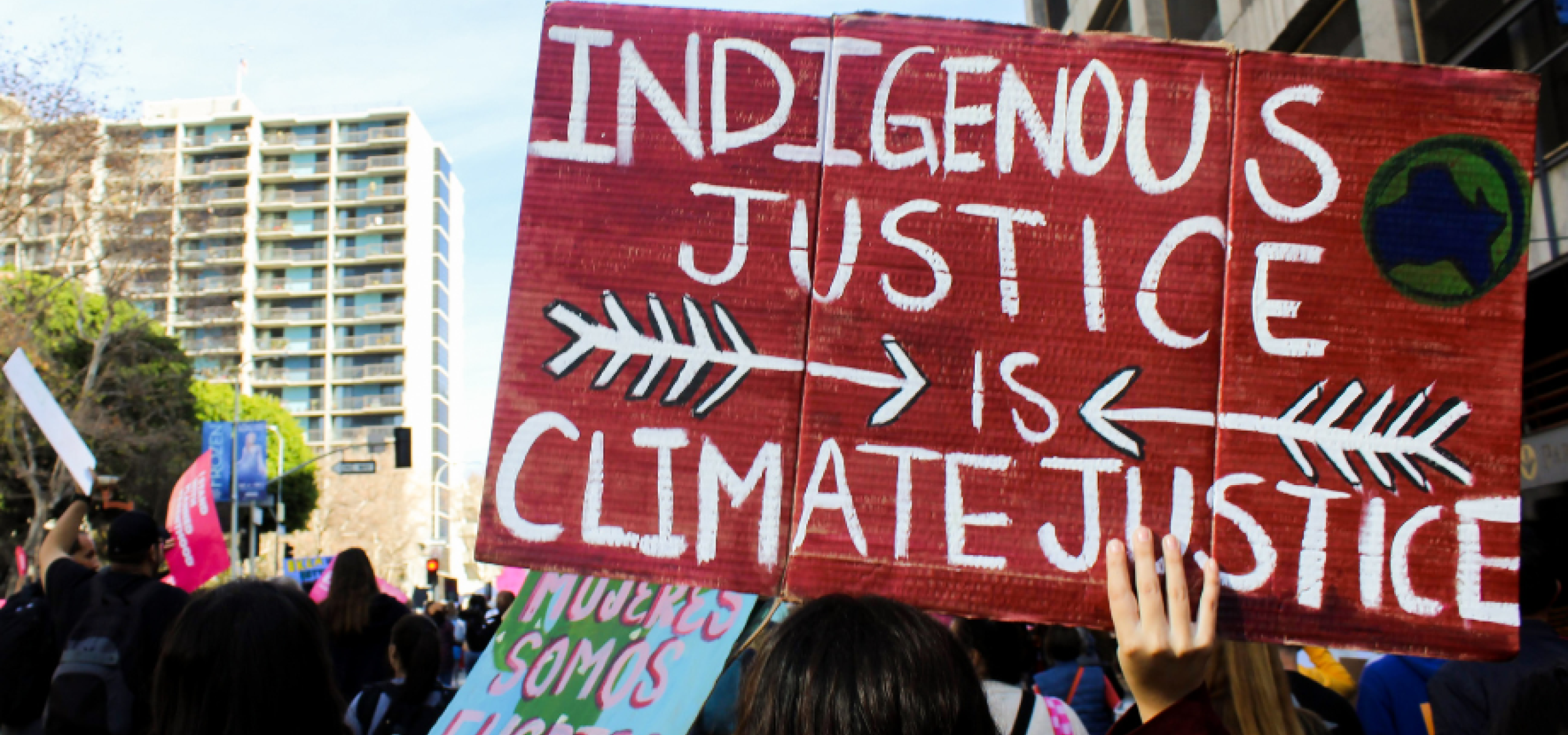
Event description
The webinar is the 1st in a series co-organised by the Australian National University College of Law (ANU CoL), the American Society of International Law (ASIL), and LAWASIA. The series presents a review of the status of Indigenous rights struggles in the diverse countries of the Asia-Pacific region. This 1st webinar looks at Oceania, with particular focus on Australia, New Zealand, and West Papua. All three countries are experiencing political controversies challenging efforts to promote Indigenous rights, with growing risks to decades of progress in Indigenous struggles for legal protection. The webinar is directed to audiences unfamiliar with the Oceania region, with the goal of serving as an introduction to the major issues in Indigenous rights discourses. The webinar features Indigenous legal scholars from Australia, New Zealand, and West Papua speaking directly from their experiences, providing insights about the current situation in their respective jurisdictions and the prospects for the future.

Speaker
Associate Professor Jonathan Liljeblad
Jonathan Liljeblad is Associate Professor at the Australian National University College of Law. He is Co-Chair of the Rights of Indigenous Peoples Interest Group (RIPIG) for the American Society of International Law and Co-Chair of the Indigenous Peoples and Local Communities Committee for LAWASIA. He is a member of the Indigenous Pao’Oh peoples of Shan State, Myanmar.
Sarah Thomson (moderator)
Sarah Thomson is a proud descendant of the Barabinja and Ngiyampaa peoples. She is a penultimate law student at the Australian National University. She has a particular passion for Indigenous self-determination. Her research interests include international law in the context of treaty making for Aboriginal and Torres Strait Islander peoples. Other areas of interest include legal ethics and the intersection of law and art. She works closely with Professor Asmi Wood as his Research Assistant and has ambitions for a career in academia. In addition to her studies, Sarah co-leads the Law Reform Social Justice unit at the ANU and volunteers at the Redfern Aboriginal Legal Service.
Dr Virginia Marshall
Dr Marshall is a Research Fellow based at the Australian National University's School of Regulation and Global Governance (RegNet). She is a practising lawyer and leading legal scholar with expertise in Aboriginal water rights, native title rights in Sea Country, Indigenous governance and the intersection of Traditional Knowledge systems and western intellectual property regimes, especially as it relates to Indigenous commercialisation of traditional medicines.
Carwyn Jones
Dr Carwyn Jones FRSNZ (Ngāti Kahungunu) is a Māori legal scholar from Aotearoa New Zealand. He is the lead academic in the Māori Laws and Philosophy programme at Te Wānanga o Raukawa, a Māori institution of higher learning, based in Ōtaki, north of Wellington. He is an Honorary Adjunct Professor in the School of Māori Studies at Victoria University of Wellington and a former President of the Māori Law Society. His research focuses on the Treaty of Waitangi, Māori law, and legal issues affecting Indigenous Peoples. He has published widely on these topics, including New Treaty, New Tradition: Reconciling New Zealand and Māori Law (2016), and, with Kevin Hille and Damen Ward, Treaty Law: The Principles of the Treaty of Waitangi in Law and Practice (2023).
Wensislaus Fatubun
Wensilaus Fatubun is a PhD candidate at the University of Canterbury focusing on media and Pacific studies. Since 2003, he has been working as a video maker and photographer, journalist and human right defender with Indigenous communities in West Papua, Kalimantan, Flores Islands, and North Sulawesi. "I use video to advocate in the region and at the United Nation for human rights, especially Indigenous Peoples rights." He had been writing investigative reports and making films since 2006. From 2008 until 2012, he worked as a program manager for the Jakarta-based Catholic Church group Justice Peace Integrity and Creation (JPIC MSC). In 2011, he founded the Papuan Voices, and in 2013, he founded the Dayak Voices and initiated the Ranu Welum in Kalimantan. Previously he worked as a coordinator for monitoring, investigation and research for the Secretariat for Justice and Peace (SKP) in Merauke - Southern Papua province. he is a Diplomacy Training Program alumnus and participated in 2012 DTP 22nd Annual Program in Timor Leste, and a Geneva for Human Right alumnus who participate Geneva for Human Right Training in 2013 in Geneva, Switzerland. Since 2017, he is a member of the Geneva for Human Right - Policies Studies, and Indigenous Peoples project coordinator for the Geneva for Human Rights. In 2019 to 2022, he was a media and human rights advisor for the Papuan People’s Assembly. In 2022, he was part of the UN panel at the UN Business and Human Rights Forum in Geneva, Swiss.